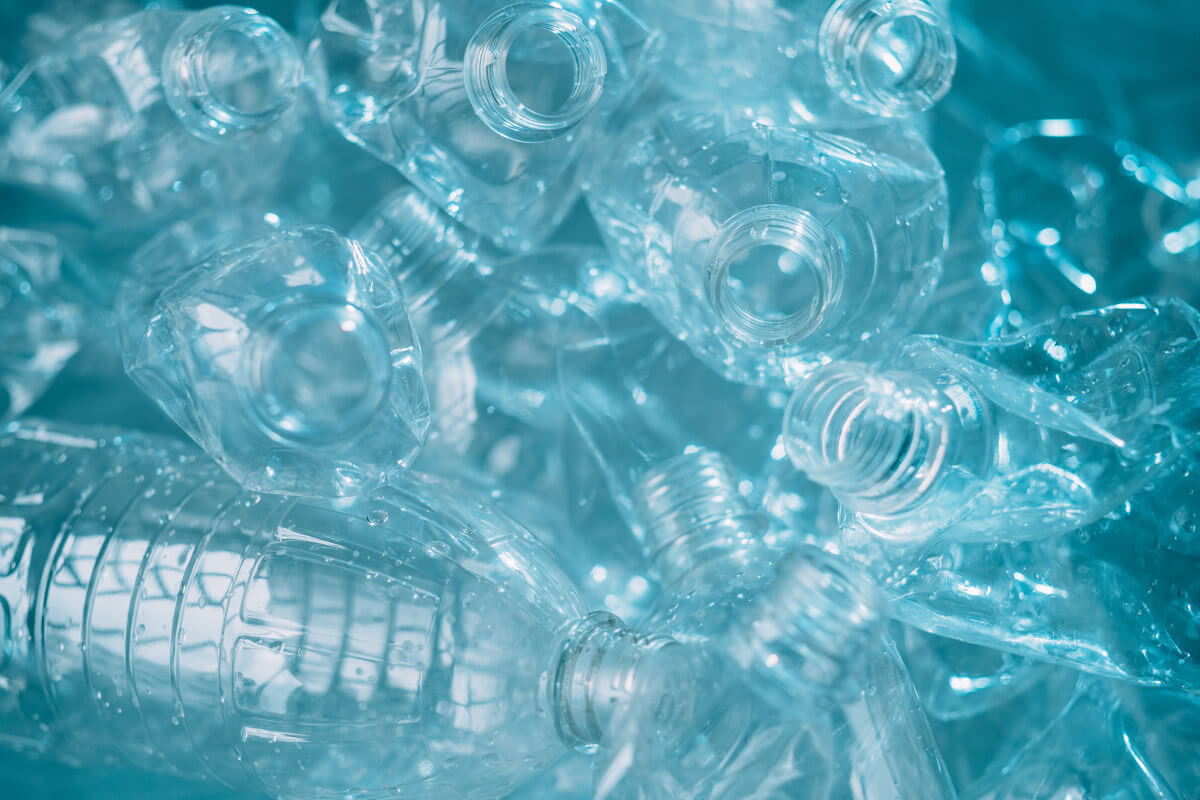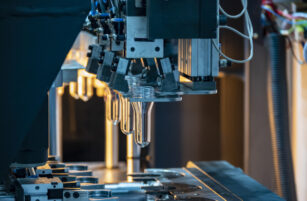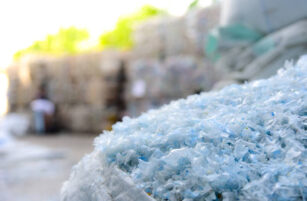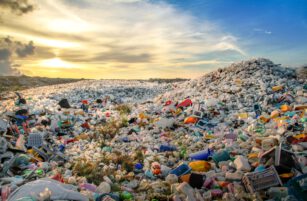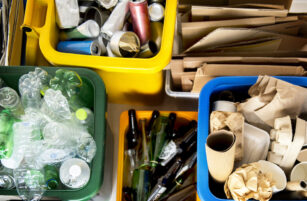Insight Focus
rPET has typically been unfairly demonised due to its associations with virgin plastics. But more and more innovative companies, such as flat wine bottle manufacturer Packamama, are capitalising on the significant sustainability benefits of the material.
rPET Rules
European Union plastic packaging targets include the rule that 65% must be recycled by 2025, and that bottles must contain at least 25% rPET. These targets are likely to evolve, with the goal for all plastic packaging on the European market to be 100% recyclable by 2030.
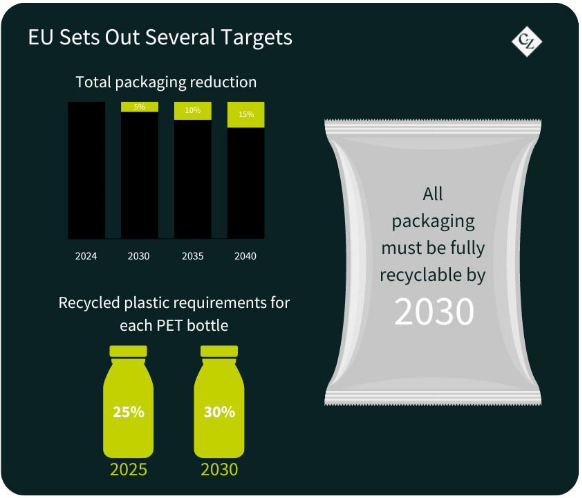
One brand that has stayed one step ahead of this legislation is Packamama, the manufacturer behind the award-winning ‘flat wine bottle’ that has taken the wine industry by storm. Not only does its flat design make it more sustainable due to easier transportation, but Packamama also uses 100% rPET.
“We were pioneers in the wine industry, being the first to adopt this sustainable material back in 2018,” says Tom Murphy, materials innovation executive at Packamama. “Our choice of rPET is driven by both sustainability and convenience.”
Recycled PET (rPET) offers numerous advantages over traditional glass bottles. It’s lightweight and shatterproof, making it more convenient for consumers. From an environmental perspective, rPET significantly reduces emissions and energy use compared to glass.
But how does rPET ‘significantly reduce emissions and energy use’? Well, it requires significantly lower temperatures to blow and form the bottles when compared to traditional glass wine bottles. Also, over six times the number of bottles can be made when using rPET for the same weight of feedstock.
This results in lighter and more space-efficient packaging, reducing energy consumption and emissions throughout the supply chain. Murphy continues, “This sustainable cycle continues through to end-of-life, as rPET bottles are easy to recycle, further supporting a circular economy.”
Informing Consumers About Recycling
A key element in the current and future success of the circular economy depends on consumer behaviour. Converters, manufacturers and brands can only influence so much, which is why it is crucial to look at their Scope 1, Scope 2 and Scope 3 emissions to see if everyone is as active as possible in the areas where they have the most impact – and the most influence.
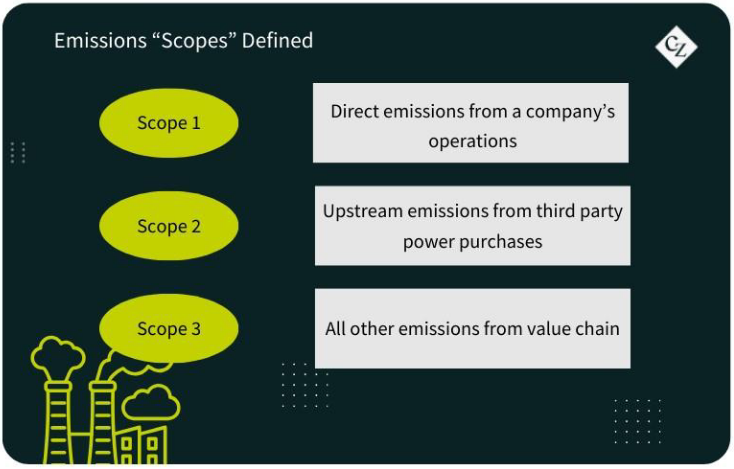
For Packamama, whose 100% rPET flat wine bottles are sold across global markets, sharing on-pack information is the most effective way to continue its sustainability messaging.
Murphy says that each bottle features clear recycling instructions on the back label. “In the UK, our bottles are designed for easy kerbside recycling, requiring no deconstruction. Consumers can simply drop them into their recycling bags or bins,” he adds. Additionally, in regions with deposit return schemes, such as the Nordics and Australia, Packamama’s bottles are eligible, with clear labelling to guide consumers.
“Our goal is to make recycling as hassle-free as possible, encouraging responsible disposal and contributing to a sustainable future,” says Murphy. “By focusing on rPET, we aim to disassociate positive, easily recyclable plastics from those that are harmful to the environment, thus championing the use of materials like rPET that contribute to a circular economy.”
Championing the use of rPET takes a village. There are several challenges to overcome, including ensuring that the volumes of material are available to meet the legislation, producing the products with rPET at the volumes and prices that maintain competitivity and encouraging the consumers to choose rPET products and to put their post-consumer packaging in the right recycling bin
All this takes awareness, a sense of responsibility, and an appreciation that sustainable packaging is an exciting opportunity for our convenience and conscience to sit comfortably side by side.
